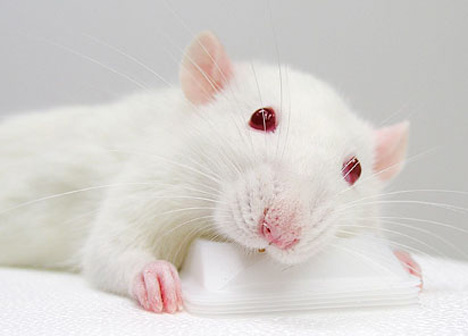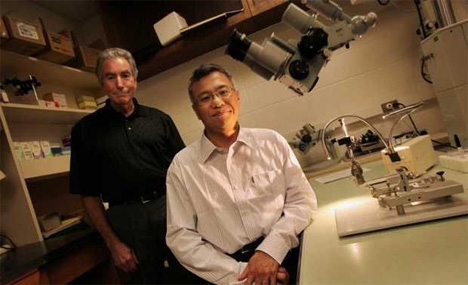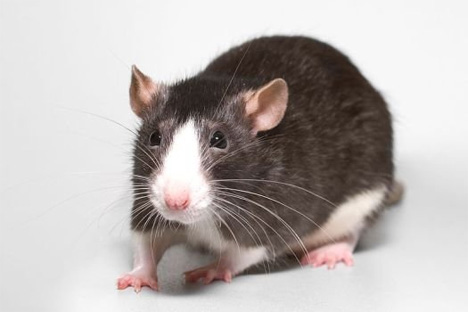
The spinal cord is the conduit to the body’s nerves and is very attached (pun intended) to the brain. Since it is the foundation of the central nervous system, when severed, loss of bodily functions (like bladder control) and permanent paralysis are common challenges. Restoring bladder control to people who have suffered spinal cord injuries would go a long way toward restoring some amount of self-reliance and reduce the amount of catheter-related infections.

Two scientists, one from Case Western Reserve University and one from the Cleveland Clinic, have managed to reconnect the completely severed spines of rats. Scaffolding, coupled with growth-boosting chemicals and chemicals to prevent scarring, managed to grow across the gap in the spinal cord.

After a six-month period of regrowth, the rats’ bladders were almost fully functional. Although the regeneration was not enough to restore full motor functions, the regeneration of cells caused by the two chemicals gives hope to those with urinary incontinence due to spinal injuries.

